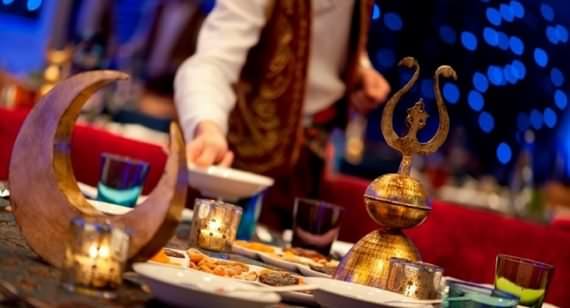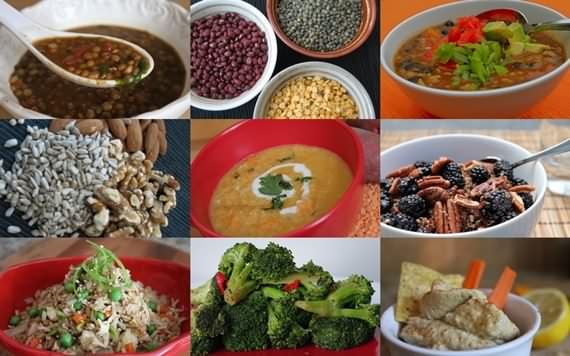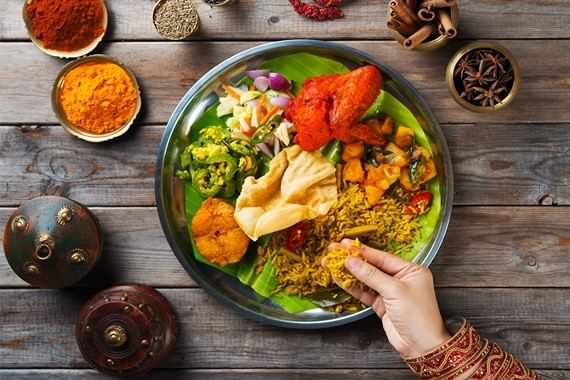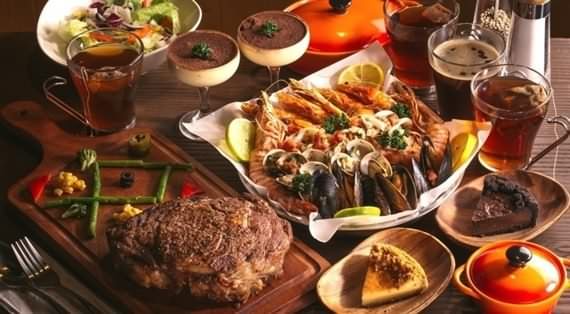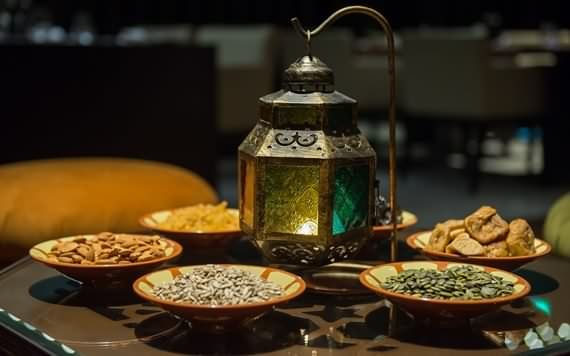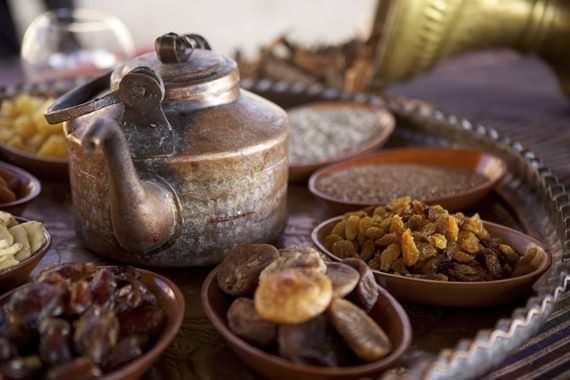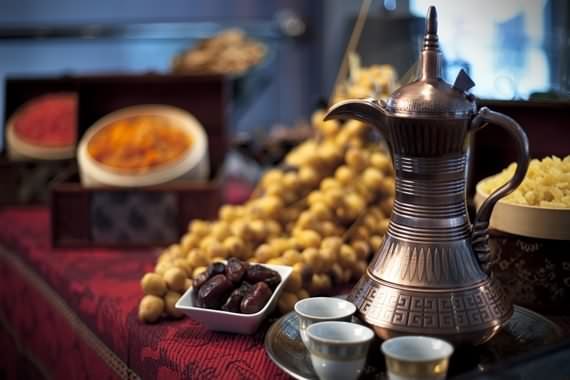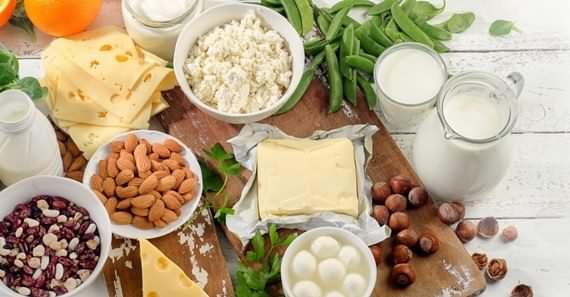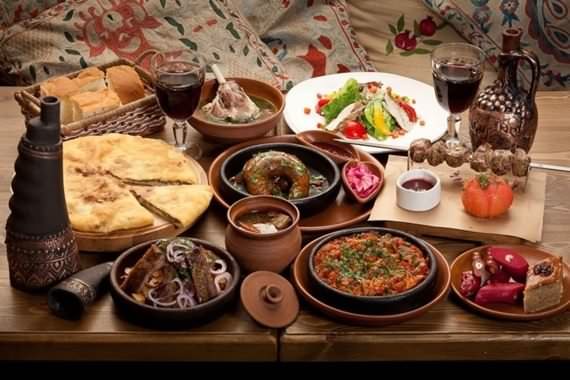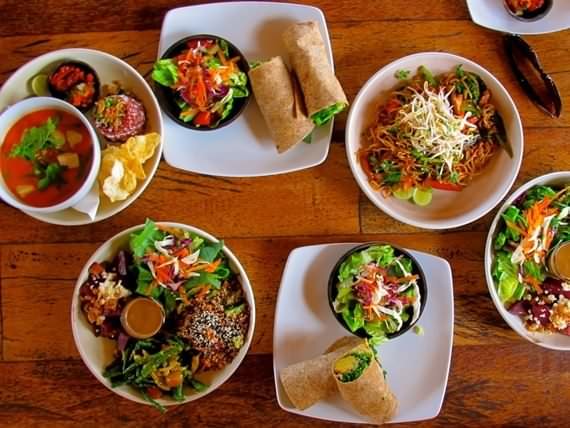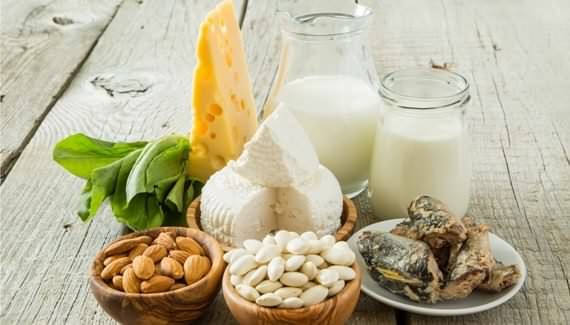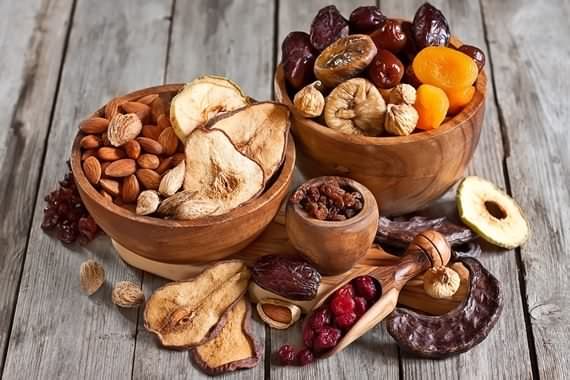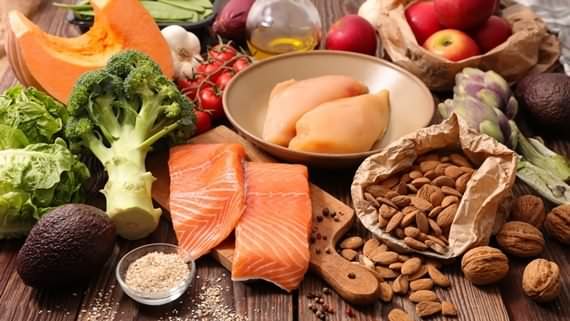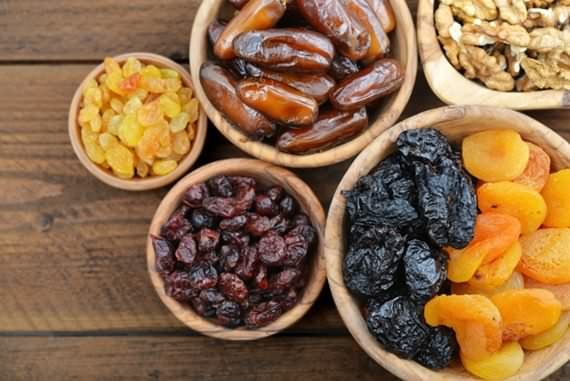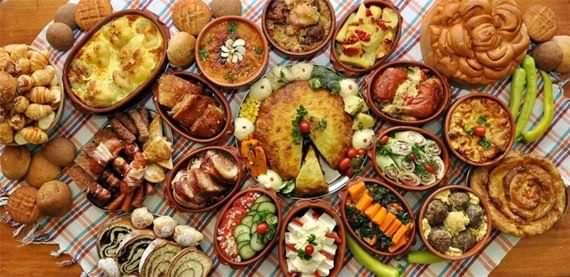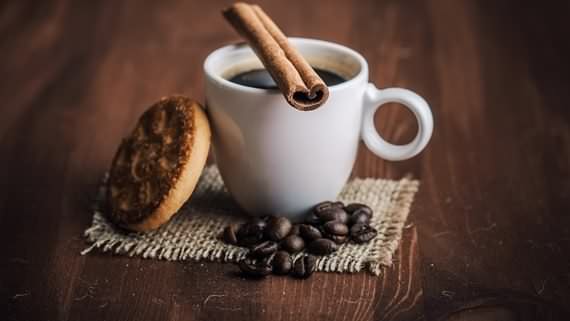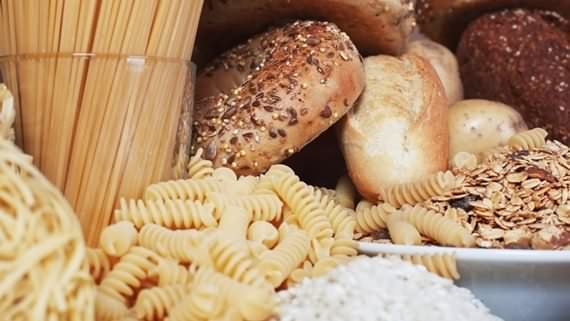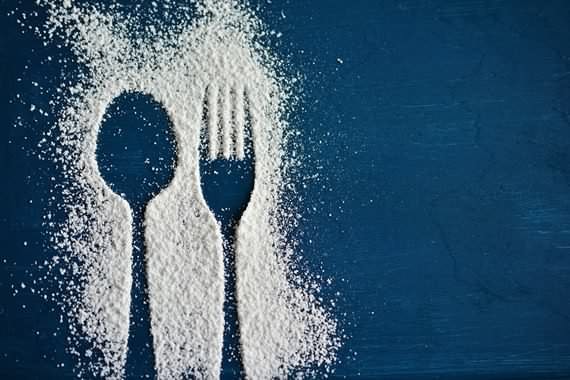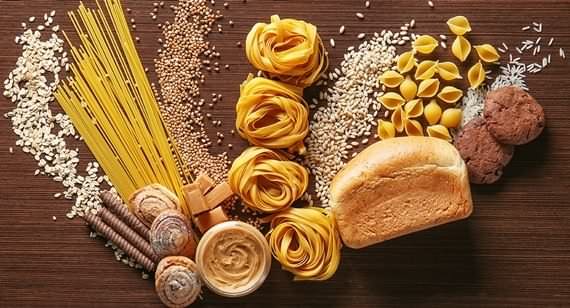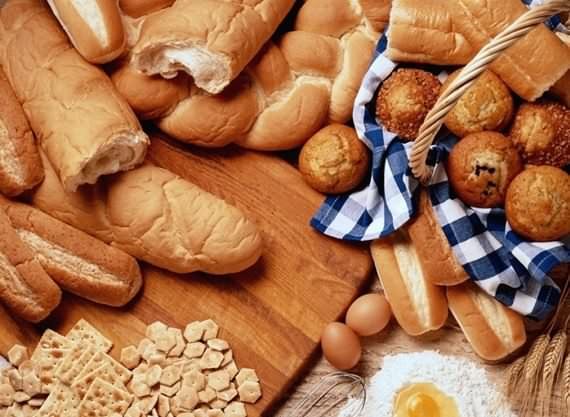Most Useful Information About Ramadan Food
there is two main meals in Ramadan the suhoor and Iftar. Suhoor is a healthy meal you can eat it before dawn; and iftar is served after sunset.
God create the holy month of Ramadan for so many great reasons; we can name one of them to maintain your body to avoid health risks. Like you know every machine in the world need to stop from working for a while and be maintained. What about the human being bodies??…
Same thing is the human being bodies need a break from working. During the holy month of Ramadan most all Muslims (Muslims must be adult, not mentally ill, healthy, able to fast with some exceptions such as elderly Muslims whom are not able to fast, sick Muslims only whom are not able to fast ,travelers from far place to another , pregnant women, women during the period of their menstruation.
And women nursing their newborns (but will fast that day or more later on or feed the poor and unfortunate during the suhoor and iftar meals in his/her life time) and young kids whom are not able to fast but all parents just train their kids to fast until they can be able to fast) are required to abstain entirely from food and drink between sunrise to sunset.
Fasting during the holy month of Ramadan can improve your health, but only if done in proper manner; but if not, it can cause more harm than good.
The important thing is to have self-control when you see a good spread of Ramadan food around your table. And know what kind of food you have to start with first when you break your fasting.
The key is to remember that Ramadan month is not a month for gathering, eating and drinking only; but it’s a month to reap rewards and benefits, and increase your spiritual connection between you and God.
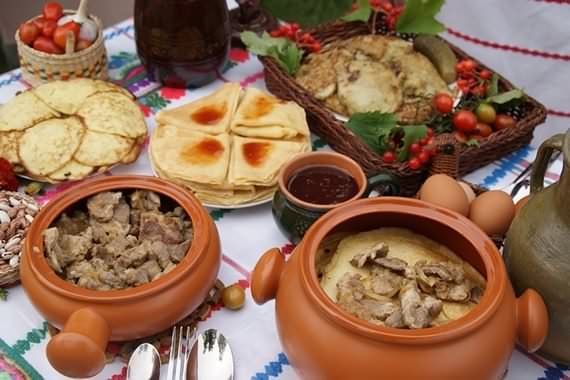
Useful Information About Ramadan Food or main meals
These two main meals are very important for your body and you have not to escape one of them. Suhoor should be a healthy meal to provide needed energy throughout a day of fasting.
During Ramadan food times, most of Muslim families will typically gather round to enjoy a rich spread of Ramadan food.
Ramadan is a great opportunity to follow a nutritious diet, break the chains of bad eating habits and also losing some weight. But the majority of people are not reaping the full benefits of this month.
So if you want to have a fully benefit from fasting, you should put a great deal of thought into the type and quantity of Ramadan food that you indulge in throughout this holy month.
Both of Iftar and Suhoor meals (Ramadan food) should be well-balanced; and contain items from each food group, such as vegetables, raw nuts, cereals, sweets, meat, fruits and some of dairy products.
You have to keep in your mind that the food you consume should keep you hydrated during the fasting hours. So try to pay some attention to the selection of food-items during Suhoor.
There are some major food groups that you have to eat them during this month of the year. So try hard to eat healthy as much as you can by choosing your food from fruits, vegetables, and dairy products such as milk, cheese, reads, cereals, potatoes, meat, and fish, chicken. And try to eat also some types of foods that contain fat and sugar.
In Ramadan the holy month you can follow diet. Choose the diet that has less than the normal amount of food but is sufficiently balanced. But this diet should also healthy simple meal – not a feast – and should not differ substantially from your normal everyday diet.
The types of Ramadan food to break your fast then eat your Iftar and Suhoor
When the sun sets down, the maghrib prayer starts and declared the ending of fasting day for that day. So many Muslims break their fast by eating dates before beginning the iftar meal. But if you don’t find any dates to break your fast you can drink water or milk “dates, water and milk are Sunnah to break your fast”.
There are so many benefits of dates while breaking your fasting: first of all it prepares the stomach well to receive food after many hours of fasting, very easy to digest, rich in sugar and energy, restoring nutrients in the body plus it decrease the feeling of hunger, preventing one from overeating and at last it prevent constipation as a result of altered meal times. some people look at date as Ramadan desserts.
All Muslims can continue eating and drinking throughout the night until the next day’s dawn or the next day’s suhoor.
Last but not least we divided Ramadan food to two parts Ramadan food to eat during the holy month and Ramadan food to avoid or not to eat during the holy month.
The Ramadan food to eat
Fibre rich food contains some soluble fibre which turns to gel in your stomach; and slows digestion, which helps lower cholesterol; and blood glucose and in the same time it’s perfect to keep your energy throughout your fast; such as oat.
Protein rich food, it can help you to stay full; such as eggs. And Calcium and vitamin rich food, it’s a great source of nutrition; such as yoghurt.
Food to avoid during Ramadan.
Simple or refined carbohydrates, it can last only 3 to 4 hours Such as: sugars, white flour, pastries, donuts, croissants.
Salty food: can makes you very thirsty while fasting so try to avoid salted nuts, pickles, chips and food that contain soya sauce. Caffeine drinks: can leads to insomnia and restlessness.
At the end of the Ramadan month; all Muslims around the world celebrate the festival of fast-breaking, called Eid al Fitr.

